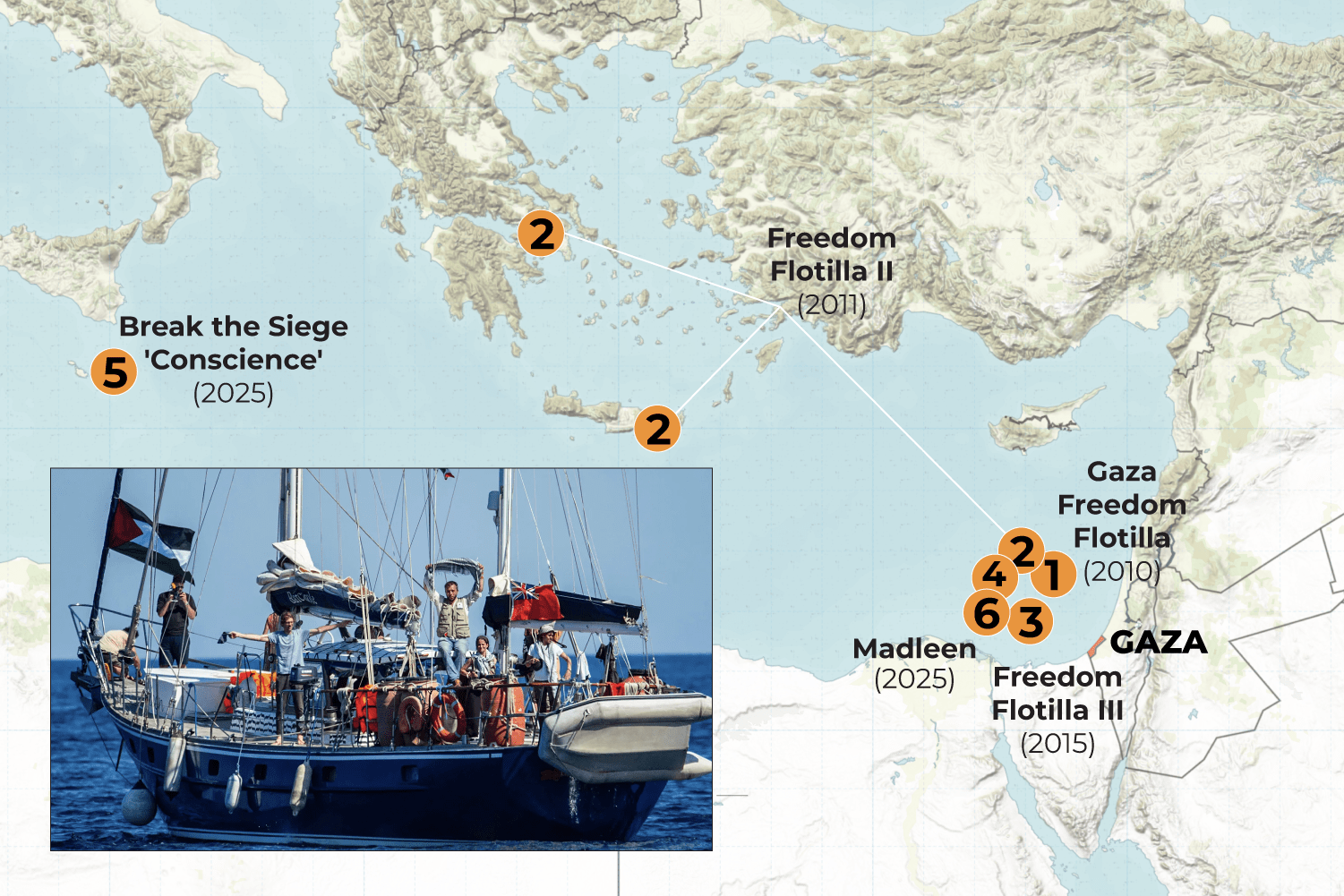The Role and Importance of Flotillas in Maritime Operations

Introduction to Flotillas
The term ‘flotilla’ refers to a small fleet of ships or boats, typically used in military or naval contexts. In today’s increasingly complex maritime landscape, the importance of flotillas has grown, particularly in relation to international security, humanitarian missions, and environmental protection. Understanding the dynamics and operations of flotillas is crucial for grasping contemporary naval strategies and their implications.
Recent Developments and Events
Flotillas have been gaining attention in recent months, especially with the ongoing geopolitical tensions in various parts of the world. For instance, the Baltic Sea has witnessed several flotilla movements, involving NATO member countries conducting joint maritime exercises to ensure the security of their territories against potential threats. Moreover, the recent collaboration between the United States and its allies to form a flotilla aimed at safeguarding crucial shipping lanes in the Indo-Pacific region highlights the strategic significance of these naval formations.
Furthermore, flotillas are not solely limited to military purposes. Humanitarian flotillas have also emerged as a vital component in crisis response scenarios. In light of recent natural disasters and conflicts, several non-governmental organisations have deployed flotillas loaded with supplies to provide aid to affected populations. An example is the flotilla dispatched by several charities to assist communities impacted by devastating floods in South Asia this year. These missions often highlight the importance of international cooperation and logistical support during emergencies.
Environmental Impact and Regulations
Flotillas also play a crucial role in environmental monitoring and protection. Research flotillas composed of scientific vessels are continuously collecting data to better understand marine ecosystems and combat climate change. Programs focused on ocean health have witnessed an increase in collaborative flotilla efforts, illustrating how maritime vessels can aid in ecological preservation.
Conclusion
The tactical and humanitarian capabilities of flotillas underscore their importance in modern maritime operations. As global shipping dynamics continue to evolve, the future will likely see a greater emphasis on the integration of flotillas into both military and aid-oriented missions. For readers, understanding the role of flotillas can lead to a deeper appreciation of their influence on international relations and environmental stewardship, making it a topic worth following in coming years.
